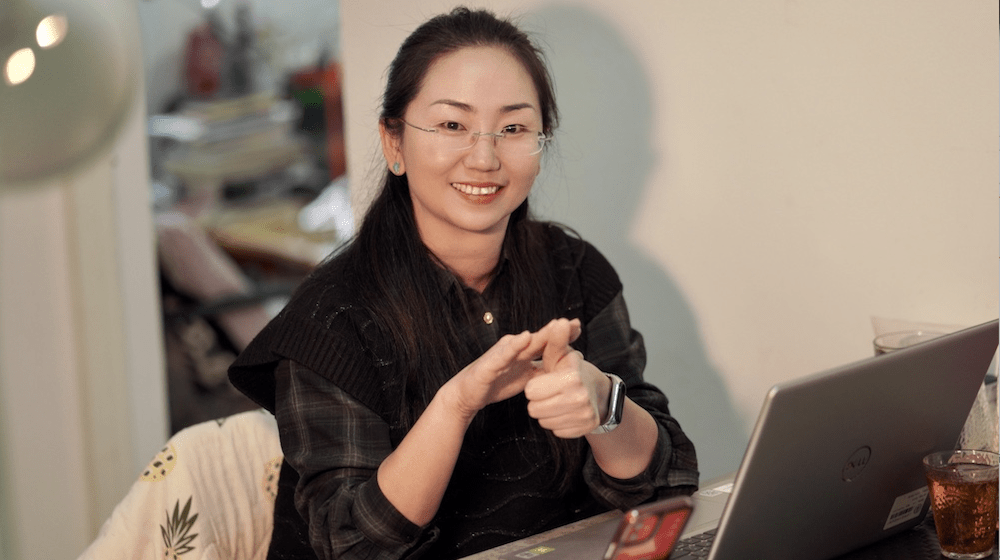As someone who is hearing impaired, marriage and parenthood have given me the opportunity to experience yet another beautiful facet of life. If given the chance to choose again, I would still choose my husband and our child."
Thirteen years ago, when I gave birth to Ba Bu, I was not wearing my hearing aid and therefore could not hear anything in the delivery room. It wasn't until the doctor handed me my baby and gently tapped my head with his tiny hand that I realised my child was crying loudly. My husband gave me a thumbs up and I read his lips as he reassured me, 'He's crying, it's normal.'
In that 'silent' cry, I became a mother.
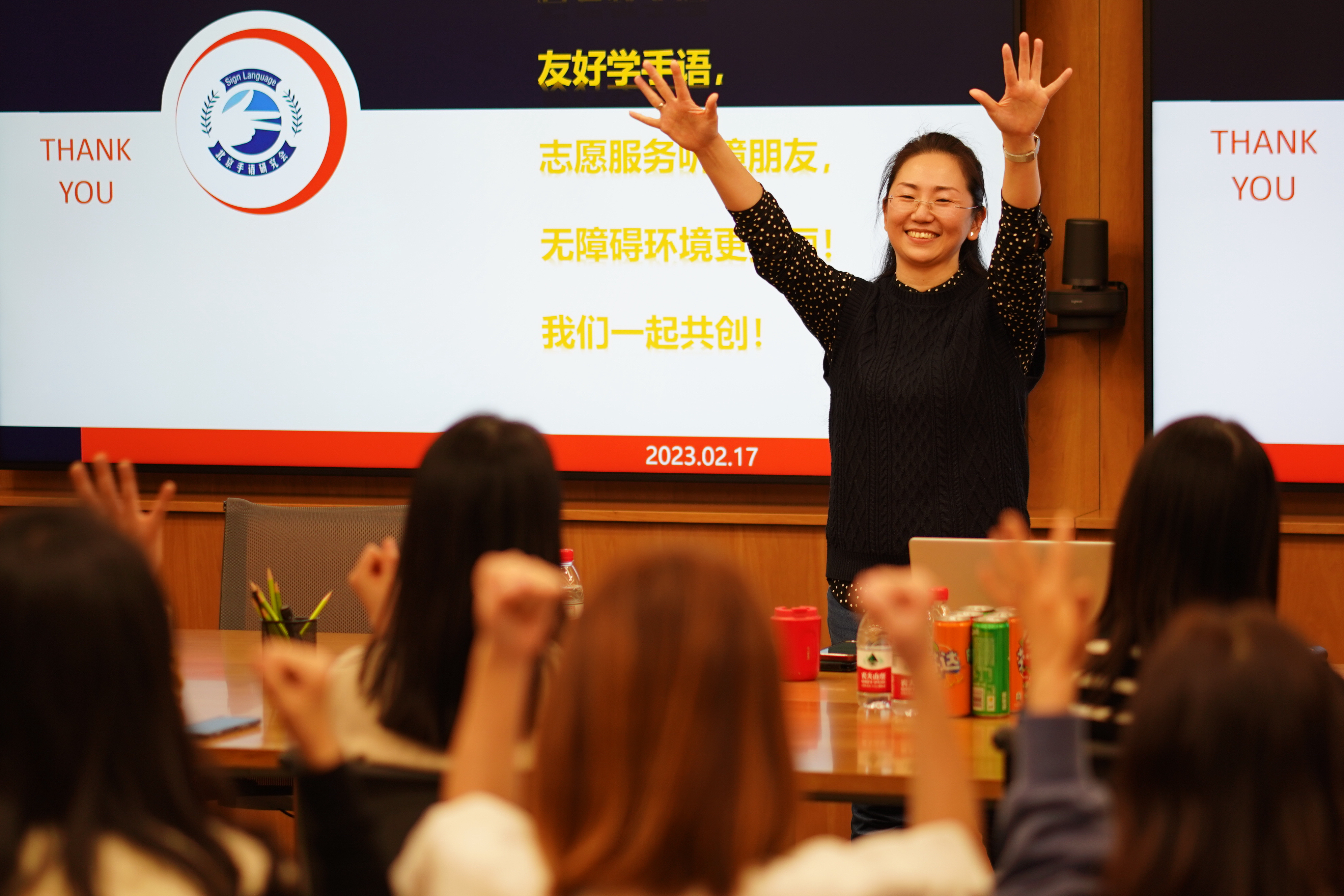
As a mother with a hearing impairment , there are many things that cause me worry. My first concern was whether my child was healthy and could hear properly. The day after giving birth, the nurse came to our room to perform a hearing test on Ba Bu. The test took longer than expected, only adding to my anxiety. It wasn't until the nurse turned around and nodded to me, giving me a thumbs up to indicate that everything was normal, that I could finally relax. In my mind, I kept repeating 'You are amazing,' as I admired my newborn son.
Perhaps other new mothers would worry about their child's incessant crying, but my fear was that I might miss a sign of discomfort from Ba Bu due to my hearing loss. Especially when my husband was busy with work and not at home, I would place my hand next to Ba Bu's when we slept so that I could sense immediately if he woke up or cried. When he was around six months old, I was pleasantly surprised to find that Ba Bu had developed his own unique way of communicating with me. He would use 'em em em' sounds and stretch his body to indicate to me that he was hungry or his diaper needed changing.
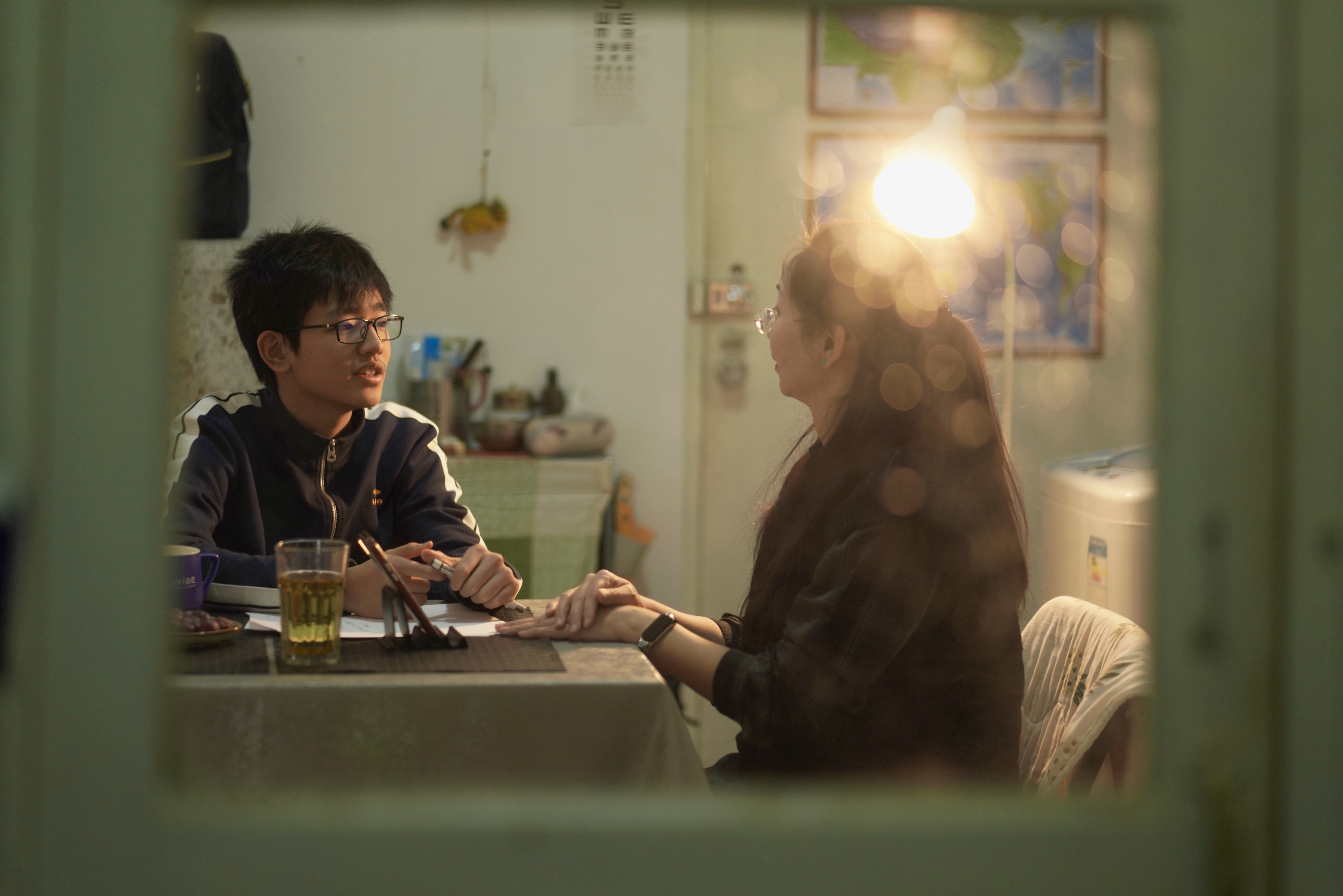
During Ba Bu's primary school years, tutoring became a crucial part of my role as a mother. Together, we worked on improving his writing speed and I taught him English phonetics, relying on my residual hearing to guide me. Despite my struggles with pronunciation, I persisted in helping him learn new words, as his trust in me grew over time.
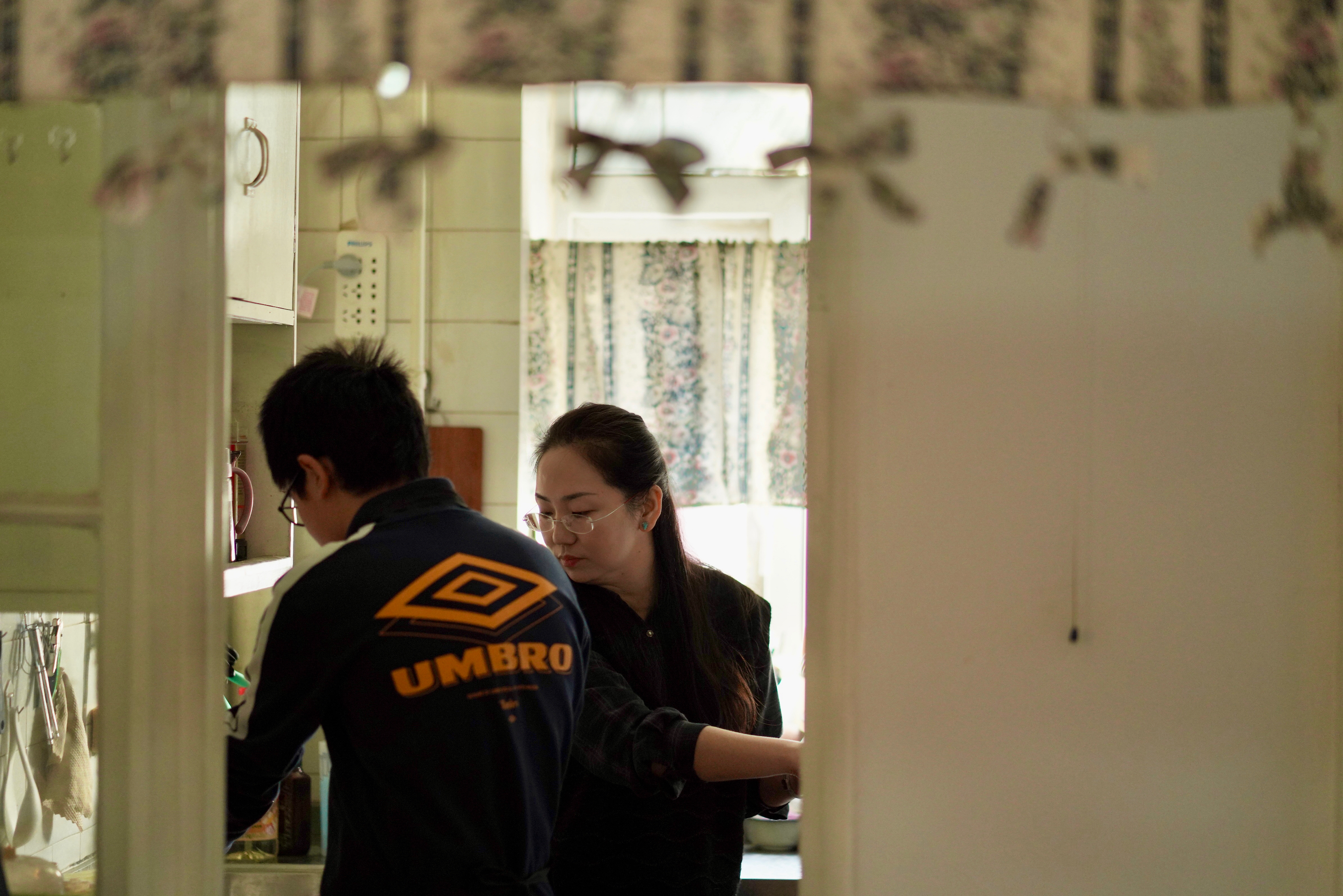
Now that my child is in second grade of junior high school, he is mostly self-sufficient in his learning. This has given me more time to explore cooking and nutrition by researching recipes and studying nutritional combinations, which helps me on my journey to becoming a better mother.
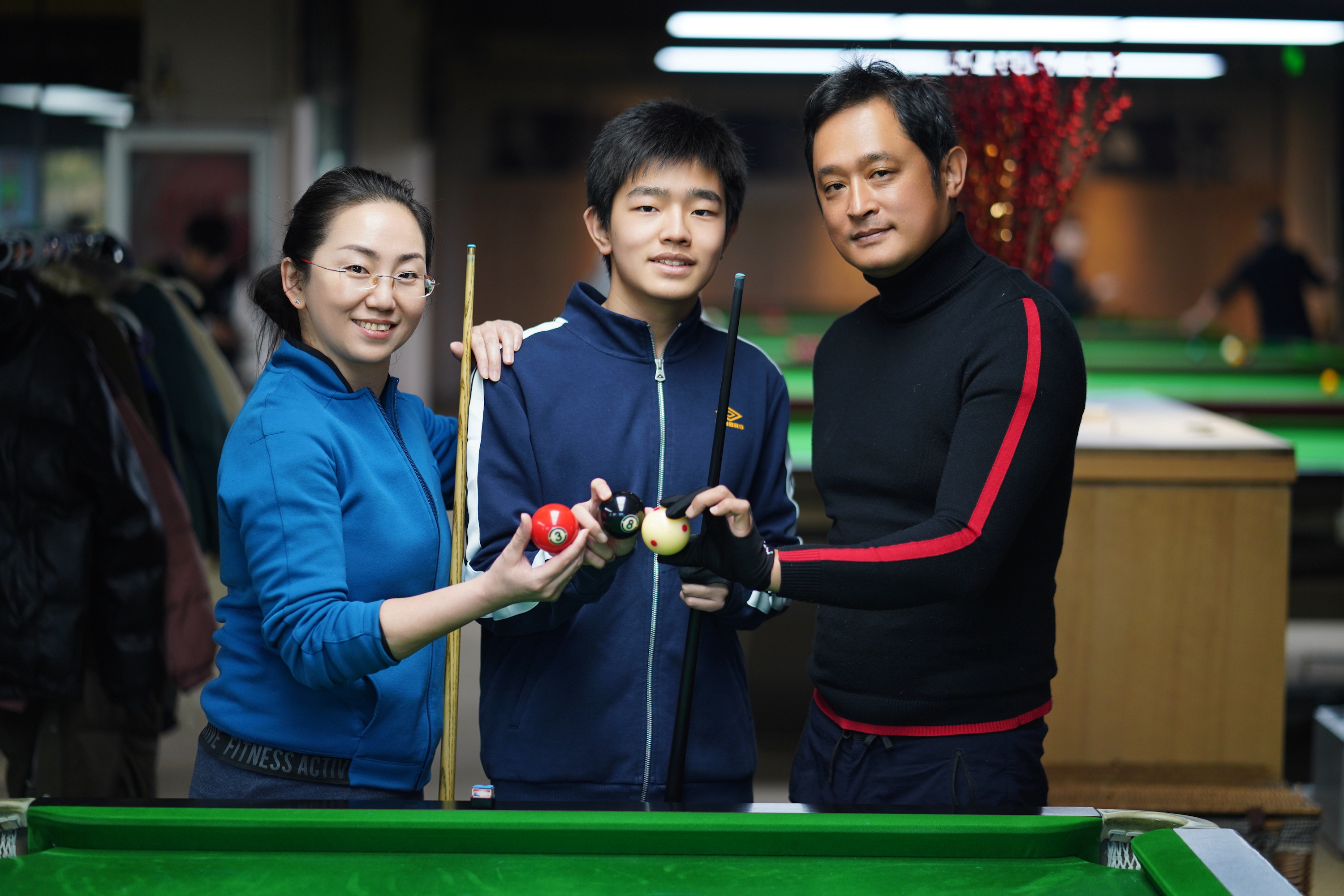
I make it a daily habit to take photos and share them with Ba Bu's dad who travels a lot for work. Despite his busy schedule, we are always on his mind. When he returns from business trips, he takes great pleasure in sharing his experiences and organises family activities like playing billiards or relaxing in hot springs, truly making our family time more enjoyable and meaningful.
Time flies. My son now is almost as tall as his father… It's been 14 years since I became a mother. Looking back on the time when I was thinking about marriage and childbirth, I was frightened and unsure. Thankfully, with the support of my partner and family, I made a decision that I will never regret.
As a hearing-impaired mother, having a child holds great significance for me. It gave me a new purpose in life, the chance to learn and grow with my children, and to experience firsthand the challenges my own parents faced, for which I am grateful.
Therefore, I hope more women with disabilities can have the opportunity to experience this role in life, and that society can provide more easily accessible support for childbirth for women with disabilities. For instance, opening a special channel for women with disabilities to seek reproductive health care and services accompanied by their husbands would be ideal.

